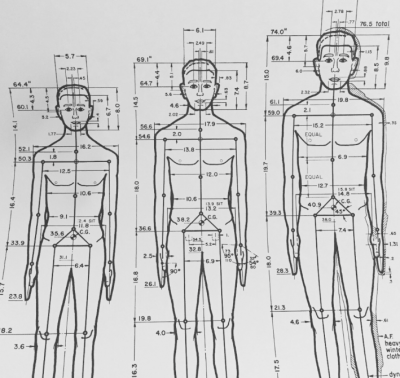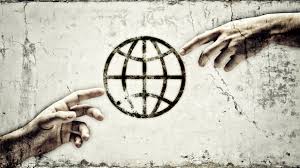I should get something out of the way first: The oxygen that fills Steve King’s lungs would be better used fueling a tire fire. King, who represent’s Iowa’s 4th District in the House of Representatives is a reprehensible excuse for a human being and every moment of every day that he holds public office is a testament to term limits and the benefits of sortition over elections. Steve King is so racist (how racist is he?!) the Republican House election fund refused to give money to his last re-election bid citing his “words and actions” on white supremacy. All that being said, King is right to be skeptical of Google CEO Sundar Pichai’s claim that their search algorithm is merely a neutral reflection of the user’s interests.
Pichai was grilled for three hours on Tuesday by House reps who wanted to know more about Google’s data collection practices, its monopolistic tendencies, and the company’s rumored censored Chinese search engine. The inherent contradiction that stands between these latter two issues is interesting: having thoroughly captured the search market nearly everywhere else, Google must —if it is to continue to appease investor’s demands for infinite profit growth— do everything in its power to breach the Chinese market. China is doing what most powerful nations do in their rise to power: protect and favor their own companies and reinvest as much wealth as possible within the country. These protectionist policies mirror what Britain and the United States did in their own respective eras of rising dominance. They fostered companies like Google so that they might attain global dominance and, by extension, solidify their influence on the world. But now that Google is a global company with interests that exceed the American market, the company’s goals are beginning to run counter to national interests. Like Frankenstein’s monster, Google has exceeded the wide boundaries federal regulators put up and now, in its search for new markets, has both too much power at home and is working with a rival power abroad. It is just the kind of capitalist contradiction that Marx and Keynes would predict: the infinite growth of firms and markets eventually undermines the very power of those that establish them. more...









